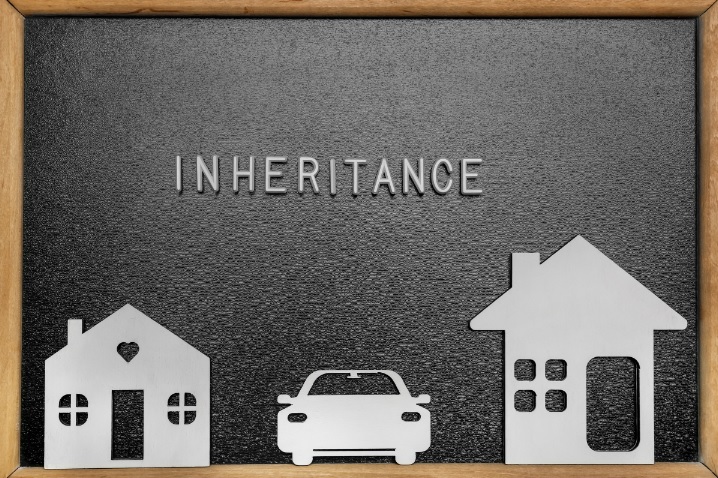Protect Your Family. Become Part of Ours

Estate Planning – Trust Litigation – Inheritance Disputes – Product Liability – Probate & Business – Trust Administration – Tax Planning
California’s inheritance laws dictate the distribution of an individual’s assets following their passing. These regulations are detailed in the California Probate Code and can vary based on the presence of a valid will or trust. Undoubtedly, Law Stein Anderson is here to help you navigate the complexities of California inheritance laws.

California Inheritance Laws Q & A
What makes a will valid in California?
A valid will must contain three essential elements:
- A list of beneficiaries and what they will inherit
- A designated executor of the estate
- A specified guardian for any children under 18
If all of these requirements are fulfilled, a will is considered testate by the state of California.
Does California have an estate tax?
No, there is no state estate tax in California. Nevertheless, other taxes must be filed on behalf of the decedent, including final individual federal and state income tax returns, a federal estate tax return, and a federal estate/trust income tax return.

What does it mean that California is a community property state?
In California, marital assets are typically divided equally between spouses in the event of a divorce or death. In fact, each spouse has a 50% ownership interest in the combined marital property. However, not all assets acquired during the marriage are classified as community property. For example, inheritances received by one spouse could remain separate.
Does California recognize common-law marriages?
No, it does not. However, those who have received common law marriage in another state may be recognized as common law. Although this isn’t automatically guaranteed and is ultimately left to the court to decide.
Do stepchildren have inheritance rights in California?
This is not common, but there is an exception. If the stepparent has been a consistent presence in the stepchild’s life since childhood and the court finds substantial evidence that the deceased intended to adopt the child, the stepchild could be included in the distribution process according to intestate succession laws. In addition, this principle is also extended to include foster children.
What if someone passes away without a will in California?
Passing without a will can result in intricate challenges during probate court proceedings. For example, California will refer to the estate as intestate, leaving the heir-choosing process up to the court. Based on the surviving individuals, the estate might be distributed among the decedent’s spouse, children, parents, grandparents, siblings, cousins, aunts, uncles, nieces, and nephews.
What if the person has no relatives?
If no relatives are found, it’s possible for the state to end up with the estate. However, this very rarely happens as the laws were deliberately built to exhaust every possible extended familial connection, including the family of a spouse who died previously.
What if the person has no relatives?
Non-U.S. citizen heirs, including undocumented individuals, will still receive their rightful share of your estate according to California’s intestate succession laws.
Trust In Us.
Schedule Your Complimentary Consultation

